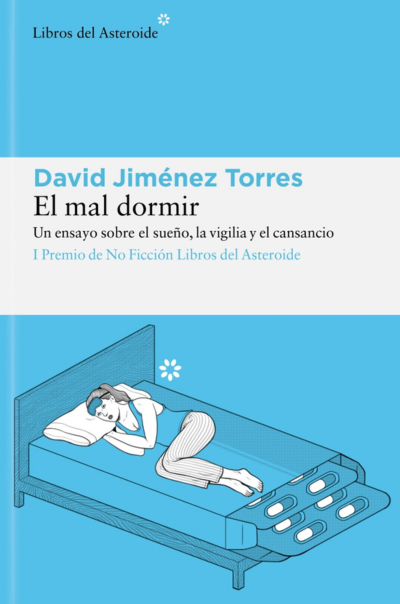There are several readings that can be extracted from the results of these general elections. One of them, how they will impact on two fundamental questions: the strengthening of the Basque and Catalan nationalist parties, and the economic crisis that haunts Spain. In line with this, the question arises as to whether the left —the Socialist Party and Podemos— will be outlined as a sufficient alternative to face these two open flanks, taking into account the fragmentation of the right-wing political spectrum.
In a previous analysis, electoral mathematics points to the victory of the mobilization of the left in the face of fear of Vox. Thus, the party of Santiago Abascal has helped the left’s campaign, by laying the foundations of the fragmentation of the right. To this is added that the left, historically, has had a higher capacity for mobilisation, mainly because of what is known as the ‘use of language’. Unlike the right, which appeals to its ego as a tool, it uses the fear factor to launch its electorate. Of course, fear moves much more than ego.
It should also be stressed that Vox has not had the pull that Podemos showed in its first parliamentary break-in —70 seats versus the 24 won by the green formation— and this has inflicted a lot of damage to the right. In that sense, Abascal’s party, as he himself acknowledged after knowing the results, «has gone from reconquest to resistance». They remain, then, with the syndrome of what could have been and was not; a position that infected the Popular Party, and that detracts points in order to become opposition leaders.
As for the Socialist Party (PSOE), the possibility of joining forces with Ciudadanos is open. An agreement that, however, does not seem easy, given that the orange formation, in its declaration of intentions, affirmed not wanting to agree with «friends of those who do not respect the Constitution». For its part, the PSOE has had a difficult time explaining to its constituents this possible coalition, because of the sanitary cordon with which, in their opinion, Ciudadanos have tied the Spaniards. Therefore, a center-left government seems an option, yes, but very thorny and complicated one.
Before this scenario, we must now return to the initial question. Will the left have complex arguments and problems to address the rise of nationalist parties and the economic crisis? It is true that the question is posed in futuristic terms, since it is impossible to know with certainty what will come. Even so, there are precedents that allow questioning the capacity of these parties regarding specific problems.
Will the left have strong and effective arguments to address the rise of nationalist parties and the economic crisis?
Neither PSOE nor Podemos have maintained a firm stance on independence, whether Catalan or Basque, beyond electoral speculation. A strategy that, at least until the night of 28-A, has worked for them. But, from now on, they move on to a new stage, in which they will have to specify to their voters, and to all Spaniards, the solutions they propose.
On the other hand, based on the tax labyrinth that both parties created during their campaigns, we can safely believe that they will be an increase in taxation via income tax. As Alexis de Tocqueville said, both in a revolution and in a novel, the hardest part to come up with is the end. The economic logic of this country indicates that, in the face of a similar scenario, job creation —currently of great concern for the Spaniards— does not usually lead upwards. In several university campuses, the lament and complaint of the students graduating this year is already being heard: «Just when we were starting to look for work, this is coming».
In short, the PSOE has won the general elections, and the Spain that should not be wanted is to be imposed. The left has a strong enough majority to govern; a possibility that is outside the reach of the right because of the Vox effect. It is, therefore, a triumph with a taste of instability, because of the economic crisis that is already emerging, though which is yet to come, and the strengthening of the Basque and Catalan nationalist parties. The end of a novel or a revolution is always very difficult to come up with.






